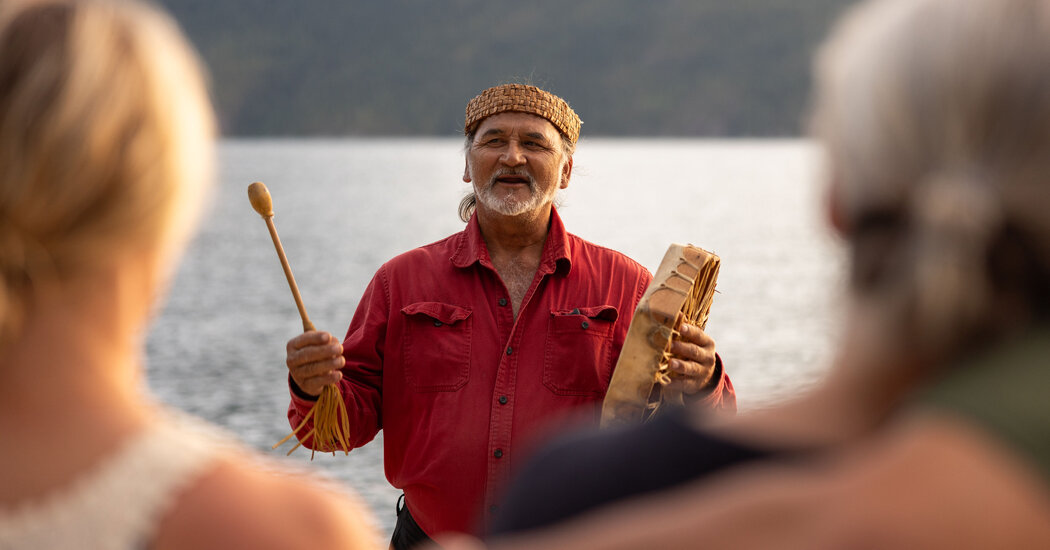For visitors to New Zealand, the chance to see a haka, the ceremonial Maori dance, has long been as much a part of the country’s allure as its glaciers, geysers and glowworm caves.
But increasingly, instead of merely catching a cultural performance en route to New Zealand’s Fiordland, travelers are lingering longer and going deeper, seeking out more immersive ways to engage with the country’s Indigenous heritage.
“We’re seeing a shift from the checkbox mentality to a hunger for deep, transformative experiences,” said Sarah Handley, the general manager for North America and Europe at Tourism New Zealand, the country’s tourism marketing agency. “It’s not just about witnessing a haka; it’s about understanding the meaning and stories behind it.”
That shift is happening not just in New Zealand but around the world, particularly as more travelers want to experience the planet’s natural wonders by way of the people and traditions indigenous to those places.
“Put simply, travelers want more out of their vacations,” said Jamie Sweeting, the vice president of sustainability for the tour company G Adventures, whose itineraries include overnight accommodations ranging from an Indigenous-owned eco-lodge in the Ecuadorean Amazon to a community homestay with Indonesia’s Tengger tribe. Especially since the pandemic, Ms. Sweeting said, people are looking for “experiences that help them change the way they see the world.” Indigenous-owned and -led tourism experiences — a sector of the global tourism market valued at $40 billion in 2022 and forecast to grow to $65 billion by 2032 — are increasingly the answer.
Embracing slow travel, Maori-style
On New Zealand’s North Island, visitors hungry for culturally immersive wilderness experiences are spoiled for choice.
In the Bay of Plenty region, which has a long tradition of Maori-guided nature tourism, the Maori-owned Te Urewera Treks offers single and multiday guided wilderness walks through the Te Urewera rainforest, the first in the world to be granted legal personhood status (meaning the forest now effectively owns itself) in recognition of the traditional Maori worldview. (One-day guided treks start at 240 New Zealand dollars, or about $151; a three-day trek costs 1,050 dollars, with nights spent camping or in New Zealand’s famous backcountry huts.)
About an hour’s drive north, Kohutapu Lodge (double rooms from 100 dollars) offers a similarly immersive alternative to some of the packaged…
Click Here to Read the Full Original Article at NYT > Travel…
